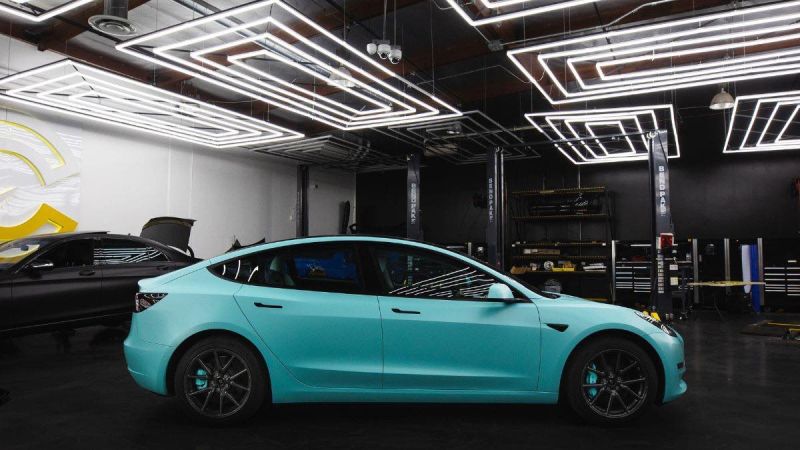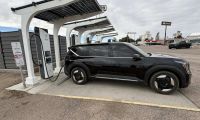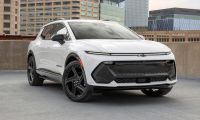In the Crosshairs: The Cybersecurity Challenge of Electric Vehicles
In a world driven by technology, electric vehicles (EVs) embedded with advanced microchips are the latest frontier in the battle against cyber threats.
The Vulnerability Roadmap: Connectivity is a Double-Edged Sword
Every modern vehicle equipped with smart chips and internet connectivity potentially sits on the precipice of cyber invasion. Advanced features such as Wi-Fi, cellular networks, and Bluetooth designed to improve user experience also double as gateways for unwanted intrusions.
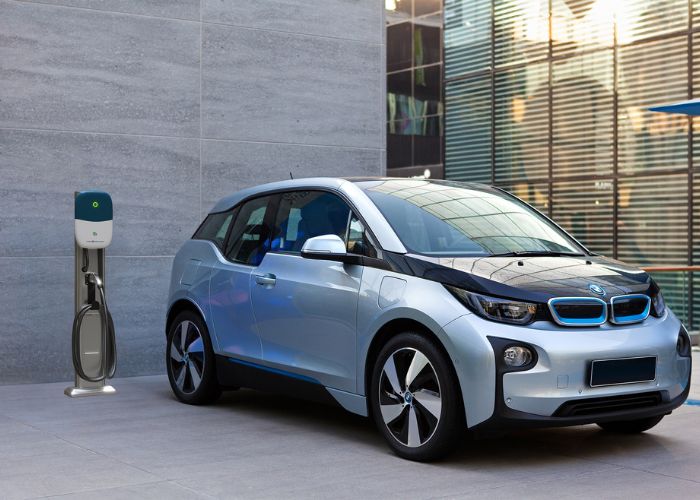
The digital control center, or the Controller Area Network (CAN) of the car, connecting crucial components like the brakes and engines, can sometimes be exploited remotely. With safety systems tethered together using similar software, a single loophole can spell disaster for numerous vehicles.
Investigations by cybersecurity firms revealed that over half of the apps designed to control cars use owners’ personal information without explicit permission. These unofficial apps are potential Pandora’s boxes for data breaches, posing a significant risk to user data and vehicle systems.
The Achilles’ Heel: Software Loopholes
The intricate software systems in EVs, which govern critical functions such as steering and braking, can inadvertently serve as backdoors for cybercriminals.
Telematics systems that control remote services, monitor performance, and collect data in EVs can, if not secured properly, offer a free pass to hackers. Countries at the forefront of the EV industry, like South Korea, are grappling with a shortage of software experts, exacerbating the problem of fixing potential software weaknesses.

Though Over-the-air (OTA) updates are an innovative solution to patch software issues, they can also attract hacker attention.
Charge Point Weakness in the Armor
EVs' reliance on charging infrastructure introduces a new potential vulnerability. With around 57,500 public charging stations across the U.S., a vast majority of them connected to the Internet of Things (IoT), they are vulnerable to hacking attempts.
Public charging stations often employ apps or RFID cards that store user information, which, while not directly allowing hackers into the car, can still serve as a launchpad for invading personal accounts. Home chargers that allow users to monitor their cars remotely can also potentially expose home internet networks to hackers.
Vehicles identified as most prone to cyber threats due to their advanced connectivity features include popular models from Nissan, Chevrolet, Tesla, Honda, Toyota, Ford, and Dodge.
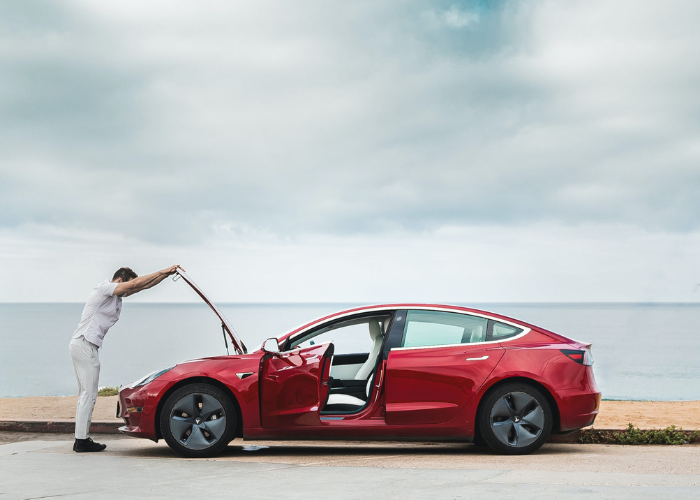
In one notable incident, researchers remotely gained access to a Tesla’s infotainment system, performing various actions like opening the trunk. Even as Tesla collaborates with ethical hackers to bolster its security, such incidents highlight the ongoing risks.
Driving Towards a Secure EV Future Securing EVs from hacking is primarily a task for manufacturers and charging network companies. They can take several measures to achieve this:
-
Digital Bulwarks: IoT-connected vehicles need firewalls in their software code to regulate network traffic and deter cyber attacks.
-
Software Health Checks: Regular software updates are key in fortifying the vehicle against potential threats. They can offer new safety features and repair exploitable sections of the code.
-
Proactive Defense: Penetration Testing: Auto manufacturers can deploy penetration testing to uncover and rectify potential security flaws in their vehicles.
-
Fortified Charging Stations: Enhanced security for charging stations, particularly in remote areas, is crucial. CCTV surveillance or attendant supervision can further safeguard against hacking attempts.
Conclusion
The road to a greener, electric-powered future must be safe and secure. As EVs become an integral part of our transport infrastructure, cybersecurity must move in lockstep. Manufacturers must prioritize the robustness of their digital defense systems, determining whether our journey into the EV era is a dream ride or a challenging obstacle course.
Thank you for embarking on this journey with us. Together, let's continue exploring, discovering, and unlocking new horizons. Stay tuned for more captivating content to fuel your curiosity and inspire your imagination.
We appreciate your readership and look forward to you joining us on our next adventure. Until then, keep dreaming, reading, and coming back for more!
A recent video tweet by a famous Tesla blogger from China claims that this new Tesla store in Chongqing, China, is the best in the world. The video of the store is going viral.
The store, which is located in the Chongqing-JIEFANGBEI Starlight Plaza, features a 3D ground painting that combines the Tesla Gigafactory Shanghai and Chongqing landmarks.
Peter Neilson is an automotive consultant specializing in electric cars and hybrid battery technologies. He holds a Bachelor of Science in Automotive Service Technology from Weber State University. Peter can be reached on Linkedin and you can tweet him at The_hybrid_guy on Twitter. Find his page on Facebook at Certified Auto Consulting. Read more of Peter's stories at Toyota news coverage on Torque News. Search Toyota Prius Torque News for more in-depth Prius coverage from our reporter.


